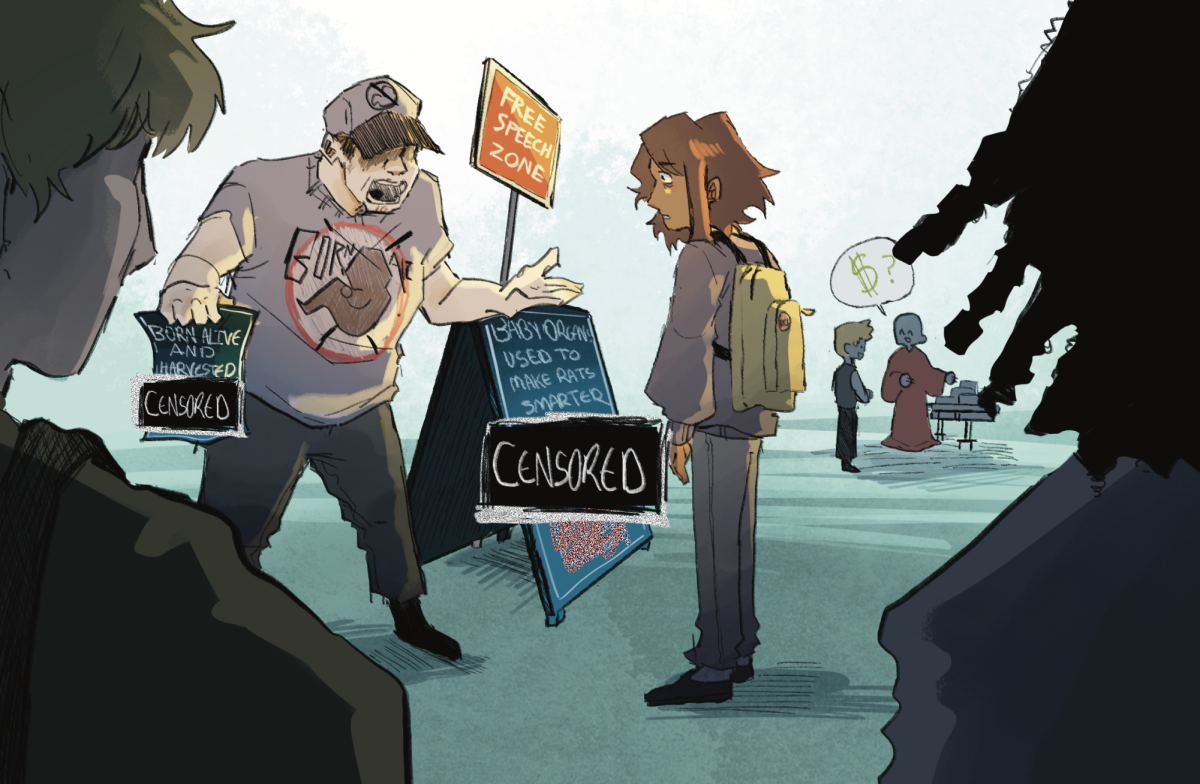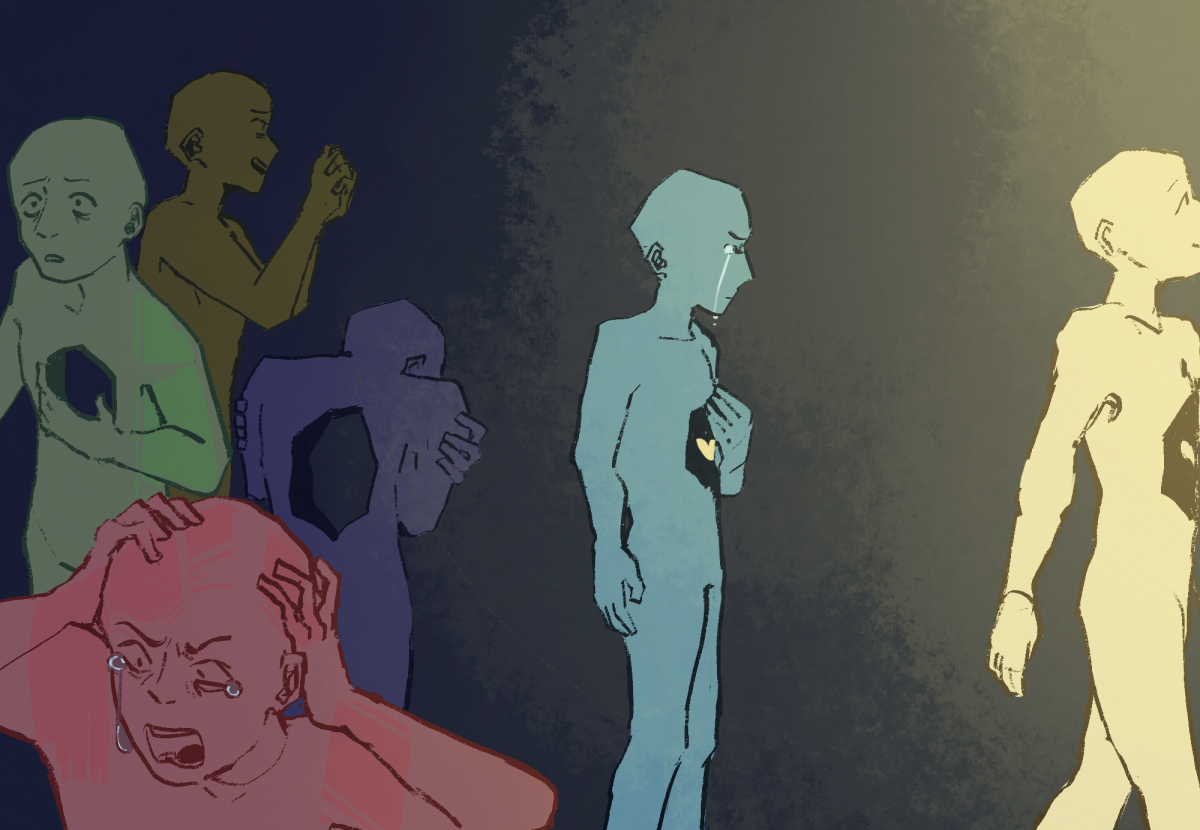By Emma Carlsen

America aspires to have a government “by the people, for the people”, yet issues of common people, those who don’t have millions of dollars to donate to campaigns, are continuously underrepresented.
Two controversial court cases, Citizens United v. Federal Election Commission and Speech Now v. Federal Election Commission, have created loopholes allowing the wealthy to skirt effective regulation.
According to the Sunlight Foundation, the rise of super PACs has led to several issues.
“Unlimited corporate spending, lack of disclosure and the outsized influence of a small number of wealthy individuals,” Sunlight Foundation said.
Using super political action committees, corporations and unions have an undue amount of influence over the government.
Union power, however, faces great risk as the Supreme Court considers restricting the ability of unions to contribute to politicians in Janus v. AFSCME.
Charles Scontras, a historian at the University of Maine, suggested in a column that experts suspect that the Supreme Court may rule against unions in this case. As ruled in Buckley v. Valeo, donating money is a form of exercising freedom of speech.
If the court rules against unions in this case, it will essentially be eliminating the voice of working citizens.
Super political action committees raise unlimited sums of money from corporations and unions, then spend unregulated sums to advocate for or against political candidates.
Super political action committees have pushed the amount of money raised for campaigns to new highs.
“As of March 11, 2018, 1,822 groups organized as super PACs have reported … total independent expenditures of $46,946,325 in the 2018 cycle,” Center for Responsive Politics said.
While these groups are required to report independent expenditures, most are nott known to the public until elections have passed.
This lack of information poses a problem for regulation, because people cannot monitor who is contributing to campaigns.
These committees provide anonymity to wealthy donors, as funds from special interest groups are funneled through non-profit corporations.
Money from outside sources moved through these organizations is referred to as dark money.
“Reported dark money spending in the first year of the 2016 election year was 10 times more than it was at that point in 2012,” CRP said.
The influence these groups hold over government increases as the unchecked flow of money in politics grows.
In 2016, Wiscosnin Gov. Scott Walker was the subject of an investigation into suspected campaign violations, for asking wealthy supporters to contribute dark money donations.
His most significant donor group was Wisconsin Club for Growth. The case was mishandled by judges because of corruption.
“This case … was thrown out of court by Wisconsin Supreme Court justices who themselves had demonstrable conflicts of interest,” according to the Huffington Post. “For example, one judge was the recipient of $1.5 million for his own judicial race from the same Wisconsin Club for Growth.”
While the Supreme Court may not agree, corruption does arise from the unchecked flow of money from outside sources into elections. Americans deserve transparency in the funding of their candidates, in order to understand whose interests they truly represent.
To have a true democracy, citizens needs must be met before the desires of a wealthy few. Until campaign finance reform is passed and enforced, many politicians will remain the puppets of their donors.












